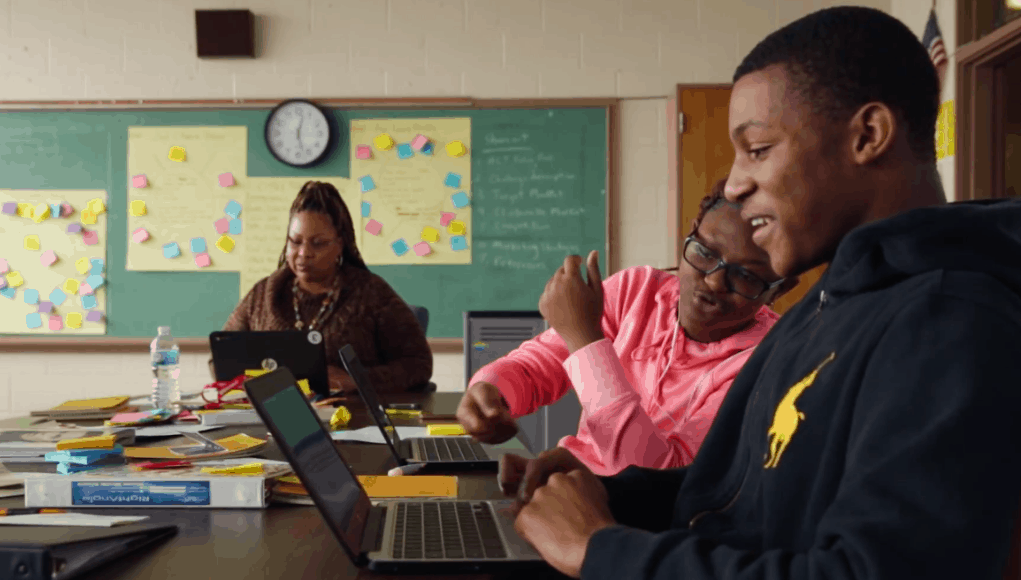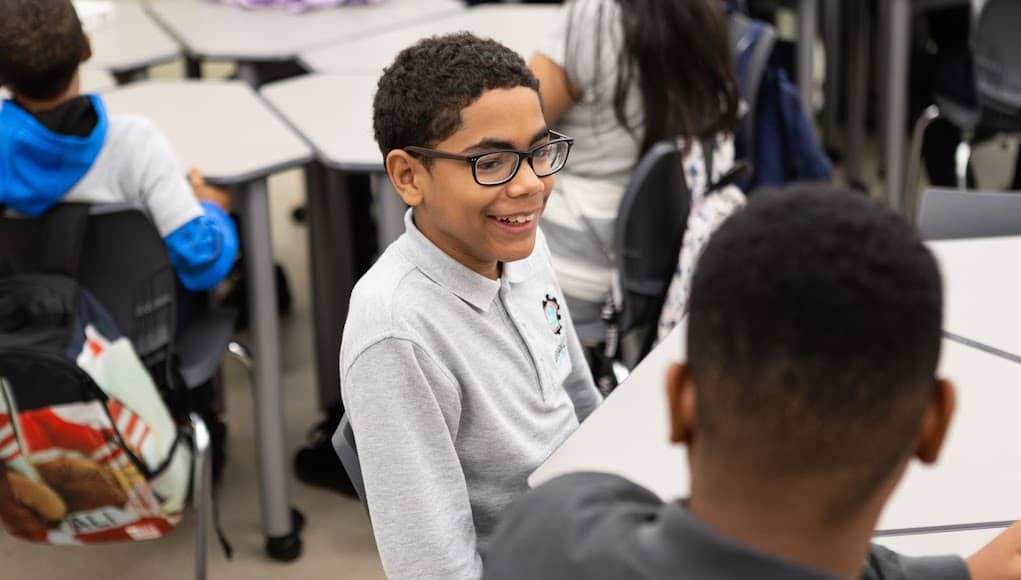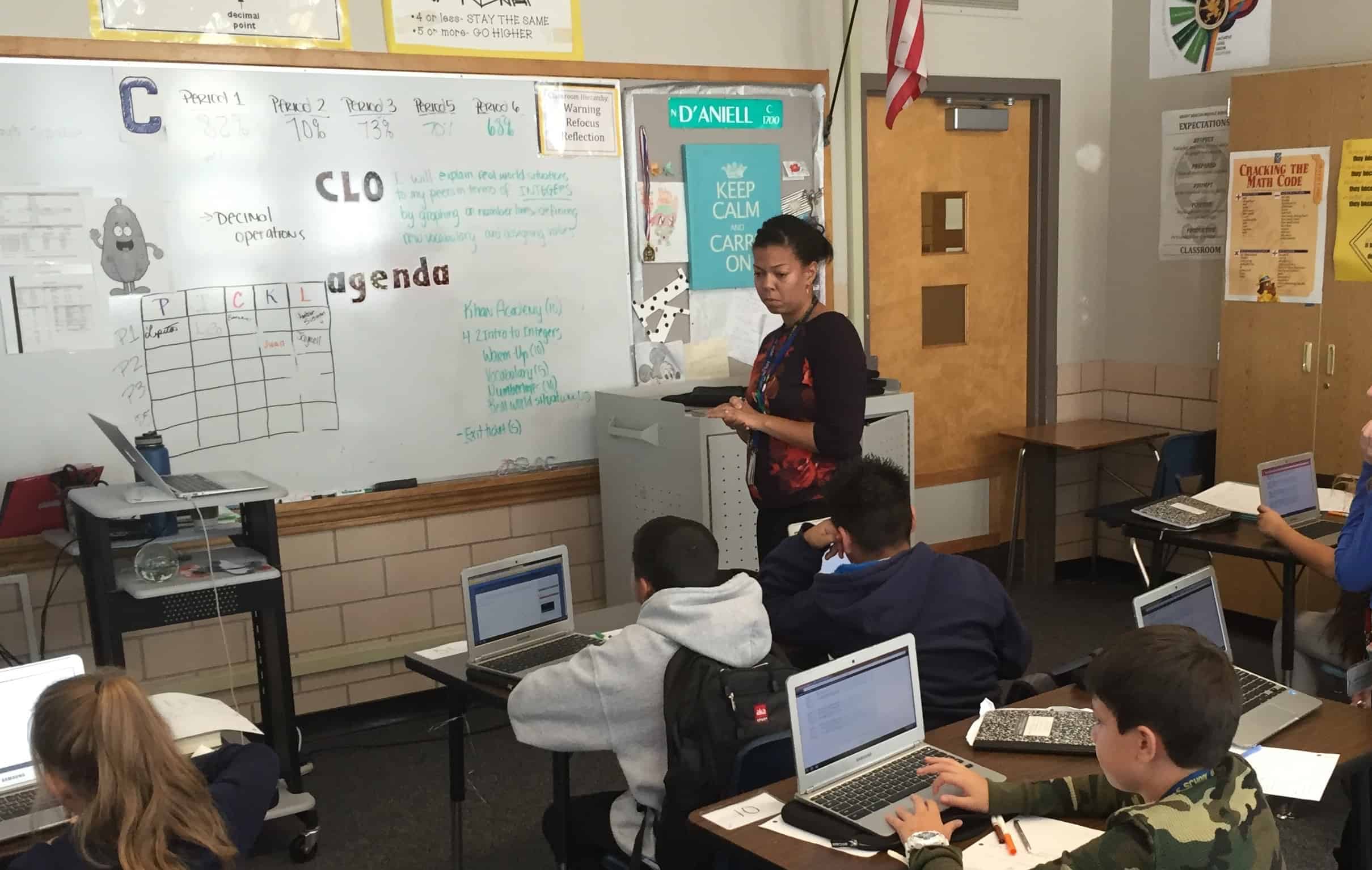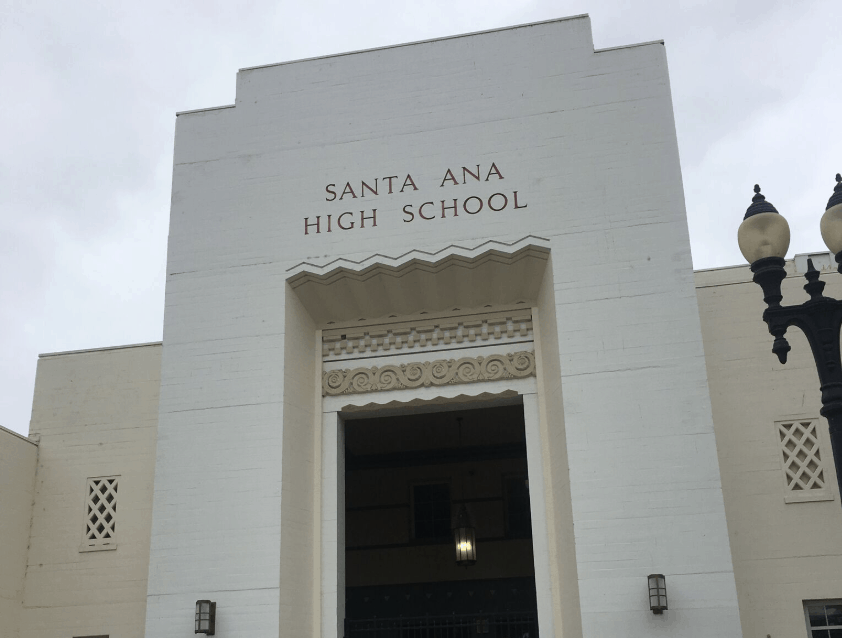Equity & Access
Equity and access follows schools, frameworks and leaders who put equity at the center of what they do to create a level playing field for all students and remove any implicit bias in the curriculum or way that it’s taught. In a time of highlighted inequities, this is the most important work in education.
A Pedagogy of Possibilities: Social Justice Delivered Through Literature and Writing
Developing a framework for a socially just school through literature and writing goes beyond the classroom to lessen apathy, enhance relationships and solidify student ownership.
Smart Review | Courageous Conversations About Race
A review of Author Glenn Singleton's latest book that encourages honest conversations about race and offers implementation strategies for achieving race equity in schools, improving student performance.
What Happens When We Do School Better?
By: Doris Korda. Doris explains how students in the Columbus City Schools have the option to participate in Options for Success (OFS) to avoid missing out on valuable learning opportunities.
Advancing Equity Through Innovation: 7 Noteworthy Approaches From Brooklyn LAB
Brooklyn LAB is built on the premise that we need to prepare all students to one-day hold jobs that likely don’t exist yet. However, by mastering skills such as problem-solving and conflict resolution, students will be ready to tackle those new challenges, regardless of their career path. LAB embraces seven innovative approaches to educate scholars and advance equity.
Representation Matters
A new study shows, once again, the significant role of teachers of color – and the significant gap in the presence of teachers of color – in American schools.
Santa Ana USD Provides Next-Gen CTE Pathways
Santa Ana Unified School District has been rethinking teaching and learning to better serve their families and students. Tom and Emily share how SAUSD is creating Next-Gen pathways and improving education in their community.
The Importance of Teacher Voice
Only 59% of teachers surveyed are confident voicing their honest opinions and concerns, but as Cameron Paterson explains, the rich experience and expertise of teachers mean that their opinions should be sought, listened to, and highly valued.
The Anywheres and Somewheres of Global Education
A recent trip to Moscow re-enforced one of David Ross's longtime concerns with global education. Learn more about the Anywheres and Somewheres of global education.
Students’ Basic Needs Must Be Met Before They Can Learn Deeply
By: Bob Lenz and John Larmer. In order to become empowered and skilled graduates, students must master "deeper learning" competencies. However, getting to that level requires other needs be met first.
Families are Fundamental: Takeaways from The National Center for Families Learning Conference
Research shows that family engagement in learning has marked positive effects on learning measures across all racial, ethnic, and socioeconomic groups. How can we get more families engaged in their children's learning? This conference provided some fresh ideas.












